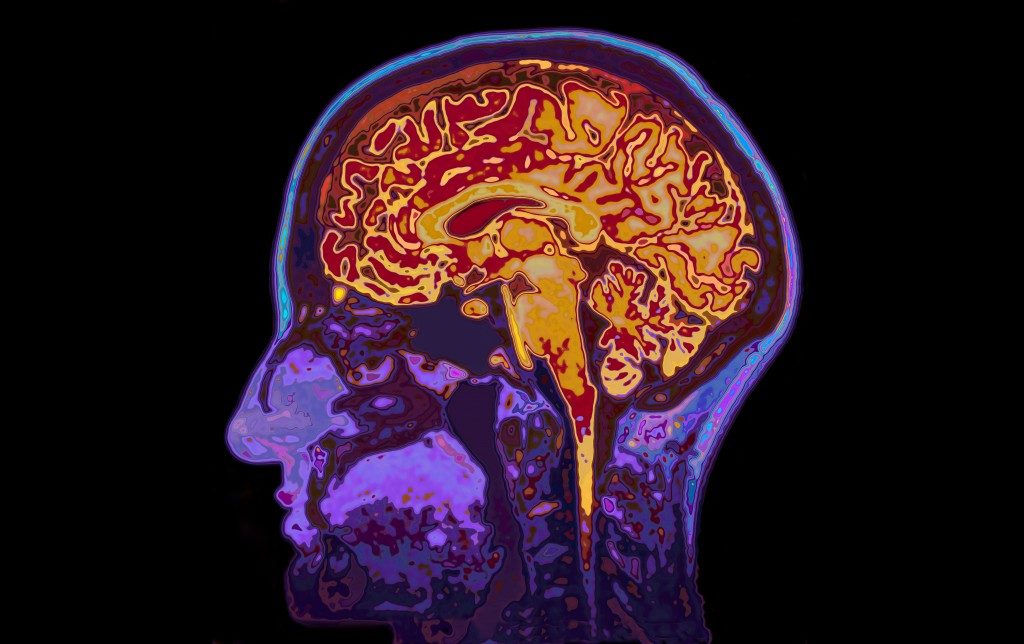At the first phases of dementia, a loved one can forget which words to use. Later on, they will ask where their pens or glasses are even if you told them already for the nth time. Then, as the disease progresses, it’s not just words or objects they won’t remember. You might be forgotten, too. It’s one of those heartbreaking moments that family members have to witness as their loved one grows iller. The best way to prepare yourself for this and take better care of your loved one is to know what to expect.
What’s Happening
When a loved one who has dementia doesn’t recognize you, know that there are many reasons as to why this occurs. As mentioned, the worsening disease damages the brain and causes a decline in mental faculties, particularly memory. Understand that retrieving information is a complex cognitive ability. It entails activating the neurons involved in the memory in question, restructuring information, associating what’s seen with the eyes and what’s stored in the brain, and many more. While an average human can do this in a matter of seconds, an adult who’s suffering a brain disease can’t or at least will struggle to do so. An aging relative might have trouble recognizing your face or recalling your name.
In other instances, though, a dementia patient can remember the people around them but are unable to express it. Therapists in assisted-living homes have patients who are so frail that they hardly speak. They often communicate through non-verbals, say, a light tap at the caregiver’s hand, a nod, or a smile. The absence of spoken acknowledgment doesn’t mean that they don’t recognize you at all. They’re perhaps just too weak to utter a word.
Finally, your loved one’s vision might be impaired. If their vision is compromised, they’ll have a hard time recognizing who you are. Vision loss can be due to the normal aging process. But other times, it can also be a complication of a type of dementia.
What to Do

As mentioned earlier, a relative not being able to recognize you is one of the most painful realities of dealing with dementia. The first step to making sense of this situation is to acknowledge the fact itself. It’s harder to process emotions and care for a loved one when you’re in denial. So allow yourself to reflect on what’s happening. Grieve if you must. And don’t shrug off your emotions despite knowing that this would happen. While you’re grappling with this tragic reality, remember this simple fact: the loss of memory isn’t your loved one’s fault.
When communicating with your loved one who struggles to remember you, it doesn’t hurt to remind them who you are. Tell them your name and how you’re related to them. When they get paranoid and suspicious about your identity, your goal isn’t to correct them but to relieve their anxieties. Assure them that they’re safe. Change the topic of your conversation, taking them to a headspace that calms their worries.
It’s never easy to see a loved one lose their memories, especially their memories of you. If it gets too much to bear, take a break. Ask help from loved ones or professionals. Rest and recharge. Prioritize self-care as you give care.

